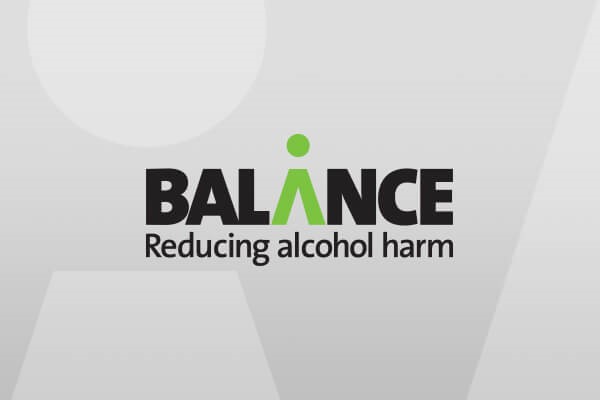Children and alcohol don’t mix – the region has spoken
The overwhelming majority of north easterners have never bought alcohol for their children, according to research published today (Thursday, October 14).
More than eight in ten of the region’s parents said they had not purchased alcohol for their children aged 17-years and under, according to a survey carried out by Balance, the North East alcohol office.
And more than half (three in five) say they have never given alcohol to their children, aged 17 or under.
The office canvassed the opinions of more than 1,000 adults across the region to discover what drinking practices our region finds acceptable and those that it doesn’t.
And the region said that children and young people drinking alcohol is most definitely unacceptable, with almost eight in ten north easterners saying that young people between the ages of 13 and 15-years-old shouldn’t drink alcohol.
The survey also revealed that adults misusing alcohol around children is frowned upon – with four in five agreeing that adults should never drink too much in front of children.
The research, which builds on last year’s North East Big Drink Debate, reveals that:
- eight in ten adults think that children between the ages of 13 and 15 should never drink alcohol.
- more than a third think that 16-17 year-olds should never drink alcohol.
The survey has been issued to highlight Alcohol Awareness Week (AAW) 2010, which begins on Monday, October 18. During AAW, Balance will launch an advertising campaign aimed at demonstrating that underage drinking is not a social norm.
Colin Shevills, Director of Balance, explained: “These figures demonstrate that for an overwhelming majority of north easterners, it’s just not considered normal for children and young people to drink alcohol or for their parents or other adults to enable them to drink alcohol.
“All too often we hear that consuming alcohol at an early age is a right of passage and that young people are going to drink no matter what we as parents do. Myths such as these have helped create a situation where we mistakenly believe that drinking alcohol at an early age is a ‘social norm’, that everyone is doing it and we may as well let our children be part of the crowd by buying alcohol for or giving alcohol to our children.
“This research goes to show that the North East, on the whole, doesn’t subscribe to these mistaken beliefs. The vast majority of parents and adults in this region believe it unacceptable for children and young people to drink. We know this strength of mind is having a real impact on reducing the number of children and young people who take up drinking at an early age.
“We hope this knowledge will provide the minority of parents who are allowing their children to drink at an early age, or turning a blind eye, with a different perspective and the confidence to make the right decision when it comes to letting their children drink. Statistics show that while the number of young people drinking alcohol in the region falls, those that are drinking, are drinking more than ever before. We need their parents to realise the damage it is doing to their sons and daughters and take some action before it’s too late.”
Evidence has shown that alcohol seriously impairs brain development in young people and the former Chief Medical Officer advised that young people should experience an alcohol free childhood until at least the age of 15-years-old.
Research carried out by the Government shows that 80% of young people who felt their parents would disapprove of them drinking had never drunk alcohol. However statistics also show that many parents do not speak to their children about alcohol until their child gets drunk for the first time, which is too late.
Balance’s research discovered that parents and other adults in the North East acknowledge the need to talk to their children about alcohol misuse and its consequences. Almost six in ten of those surveyed said that parents should talk to their children about alcohol by age13. Government research shows that parents should be talking to their children as early as the age of eight.
Colin added: “It is of vital importance that parents begin to talk to their children, about alcohol around the time they begin secondary school. Leaving it until 13 may be too late – as they may already have consumed alcohol. This will help ensure that young people have the confidence and knowledge necessary to make an informed decision, long before they find themselves in a situation involving alcohol. It will ensure that they are adequately prepared.
“There will be many moments in a young person’s life when they will be called upon to make an important decision and parents have a duty to make their children aware, sooner rather than later, that consuming too much alcohol can lead to poor judgement and risky situations.
“No one should be letting alcohol make their decisions for them. All too often this can lead to fights, one-night stands and the resulting STD or unwanted pregnancy or an evening in A&E.
“I can’t stress enough how much influence parents have in ensuring that their children make the right decisions, for instance, research shows that young people are 12 times less likely to drink alcohol if their parents set clear boundaries.”
He added that these clear boundaries included leading by example and not encouraging children and young people to drink by consuming large quantities of alcohol, or regularly consuming alcohol, in their presence – teaching the lesson that alcohol misuse is normal and acceptable.
